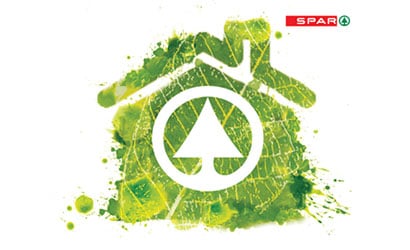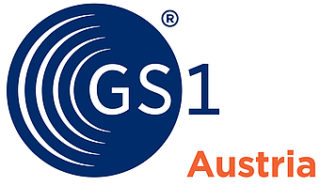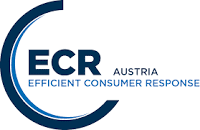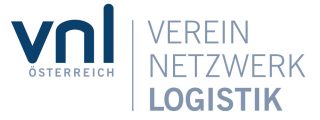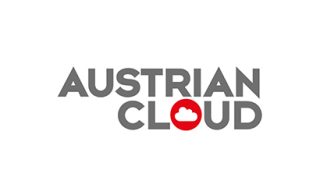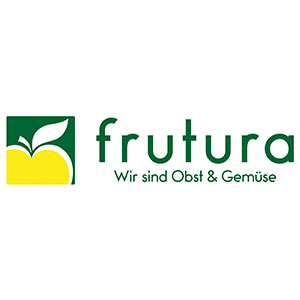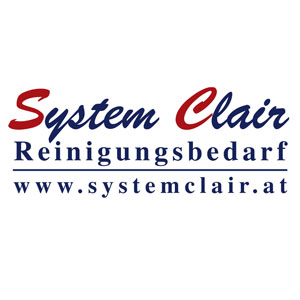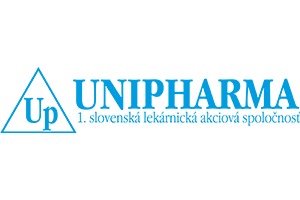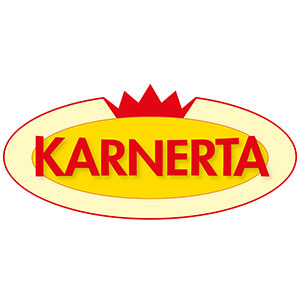The path of SPAR to increased energy efficiency
With the introduction of EDI, SPAR Österreich has not only complied with the Austrian Energy Efficiency Act. Electronic Data Interchange also provides an overview of all consumption data which will serve as a basis for future energy-saving action.
As part of the ISO 50001 certification and inspired by the climate conference in Paris, SPAR has set ambitious goals for increased energy efficiency that the company wants to reach by 2050. The company has persistently been pursuing these goals with the implementation of an energy management system. This includes first and foremost specific energy-saving goals that SPAR plans to reach by introducing a number of measures. This is happening against the background of the Austrian Energy Efficiency Act that pursues, among other goals, energy efficiency improvement by 20% by the year 2020.
One of these measures is Electronic Data Interchange (EDI) for power bills and related consumption data. Thanks to a collaboration between EDITEL and the Association of Austrian Electric Utility Providers (EDA), all energy providers in Austria are now connected to the EDI platform eXite®. In practice, this means that all power bills will be sent as ebUtilities-Invoices (which is the XML standard of the Association of Austrian Electric Utility Providers for exchanging invoices) to SPAR via eXite® in a fully automated manner. SPAR currently receives consumption data from 1,500 SPAR stores that use different energy providers. Thanks to EDI, SPAR is now in a position to digitize received invoices and to determine energy consumption and optimization potential for each and every store.
Electronic Data Interchange allows us to go beyond the compliance with the Energy Efficiency Act. It gives us the opportunity to access all consumption data, which offers great potential for additional energy-saving measures.
Franz Hölzl, in charge of sustainability at SPAR
In brief
- EDITEL provides the connection to the data network of the Association of Austrian Electric Utility Providers (EDA)
- SPAR receives all power bills via eXite® (in the invoice format ebUtilities) as well as consumption data
- Compliant with the Austrian Energy Efficiency Act
- Savings objectives can now be quantified
- Electronic invoices help optimize processes
The Austrian Energy Efficiency Act
Enacted in Austria on 1 January 2015, the Energy Efficiency Act is meant to increase energy efficiency in Austria by 20% by the year 2020 as defined by the Federal Ministry of Science, Research and Economy. The Energy Efficiency Act requires large businesses to implement a management system or to carry out an energy audit every four years.
About SPAR
Founded in 1954 by Hans F. Reich along with 100 self-employed retailers in Tyrol, SPAR has expanded to the entire country of Austria and to this day remains a fully privately owned Austrian company. The SPAR corporation operates more than 3,000 stores in Austria and abroad, generates sales totaling €13.18 billion and employs almost 75,000. With 1,650 stores in Austria, SPAR passed the €6 billion threshold in grocery sales for the first time in 2015.

